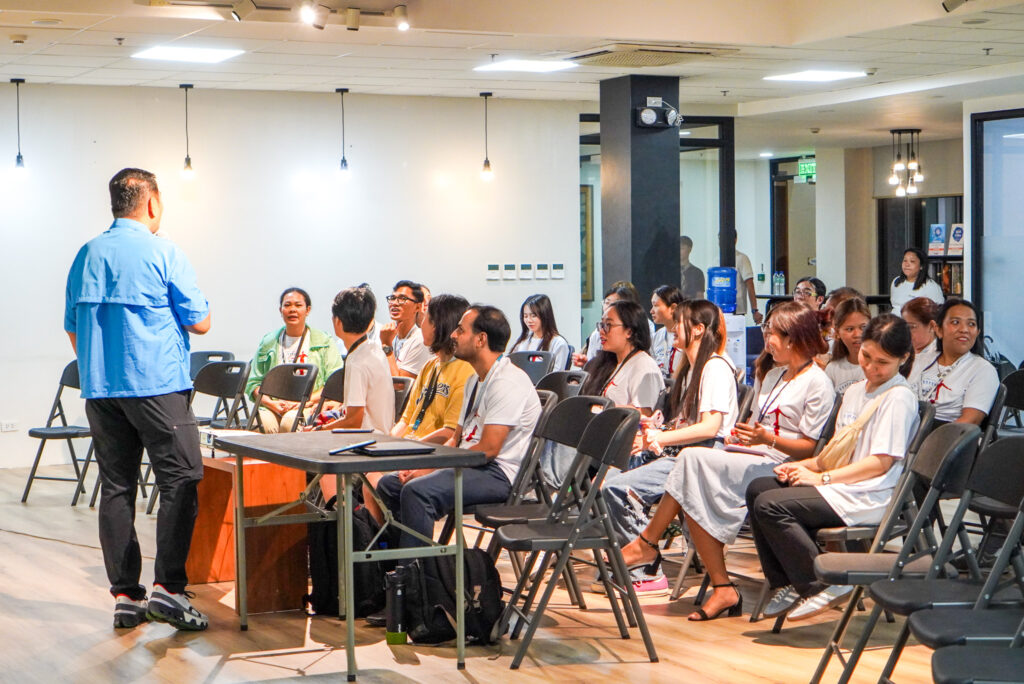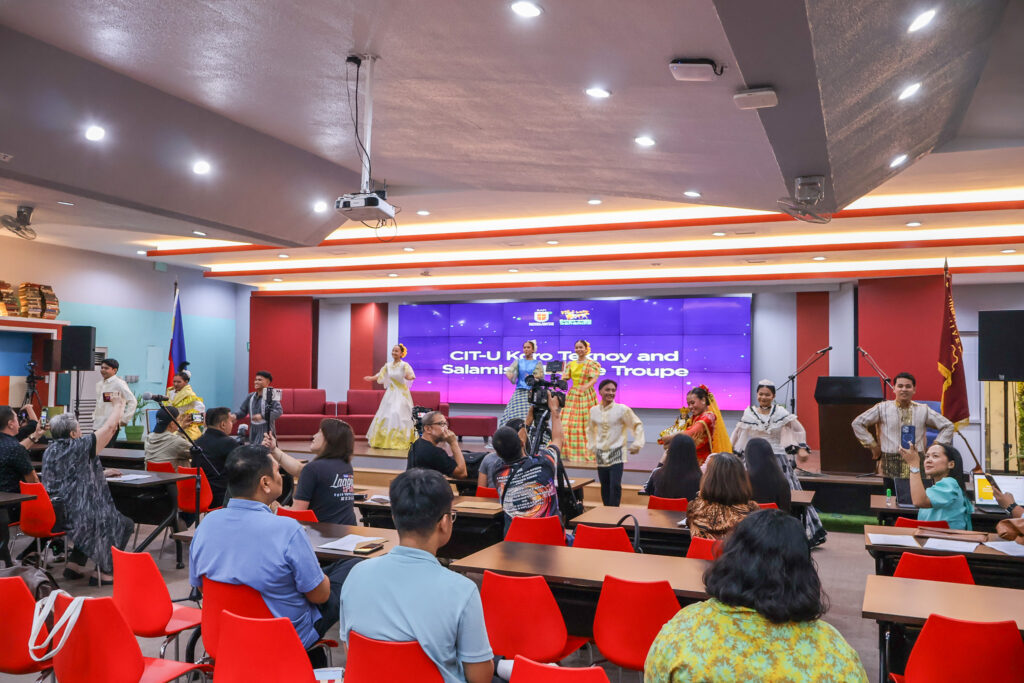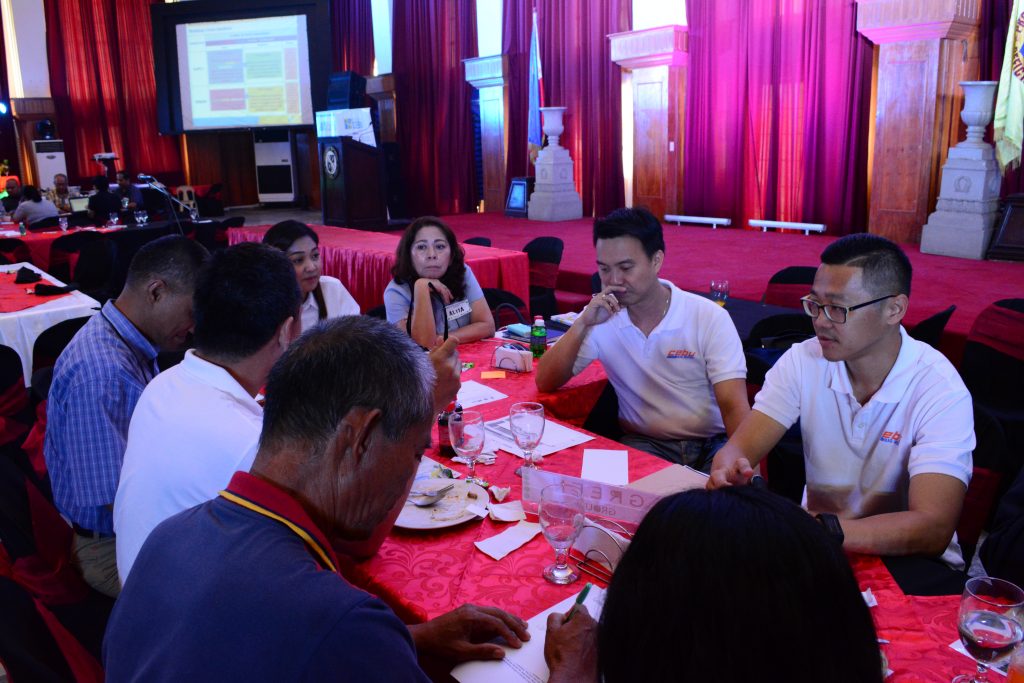
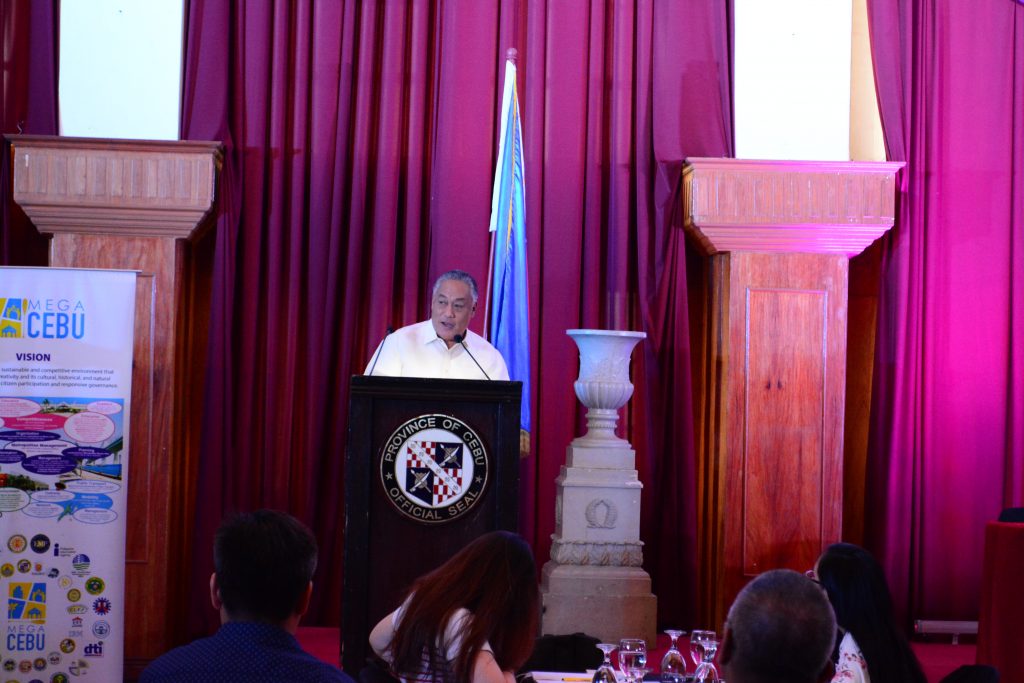
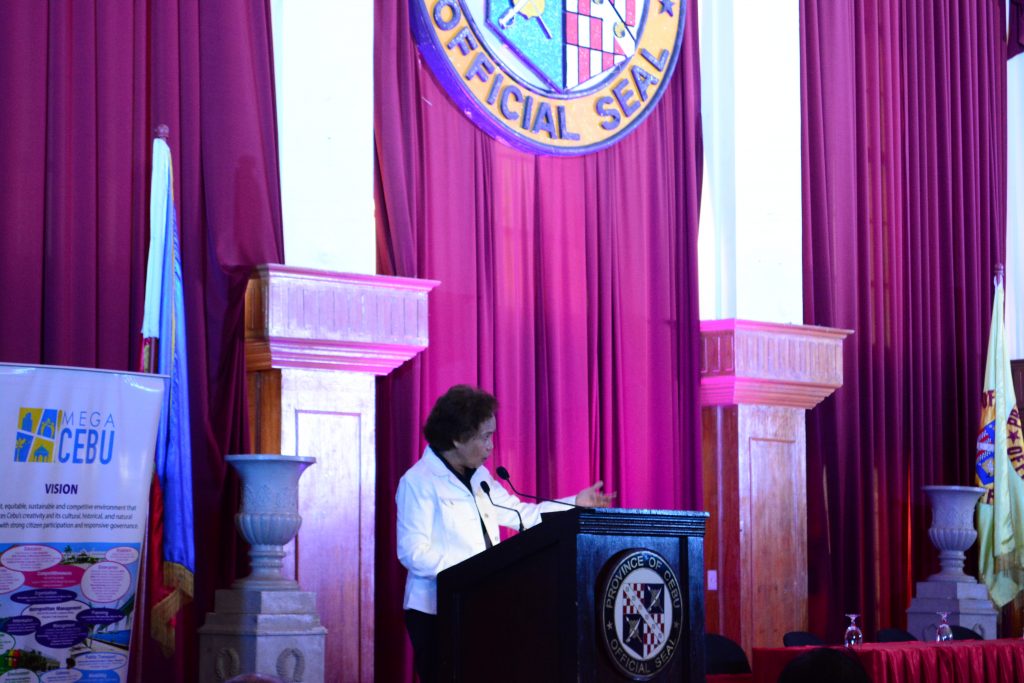
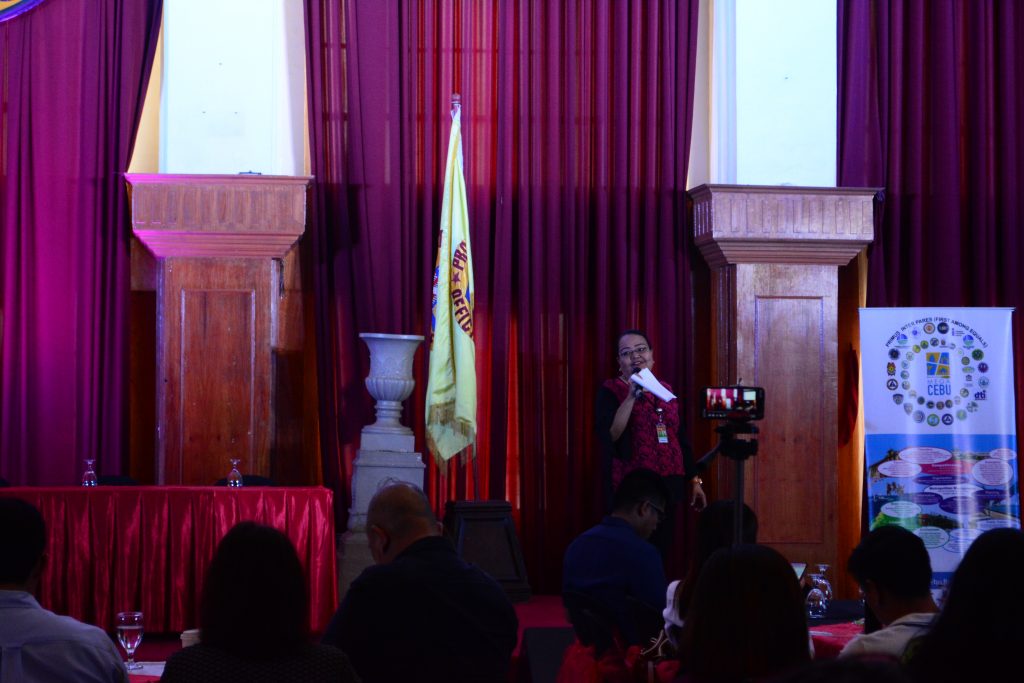
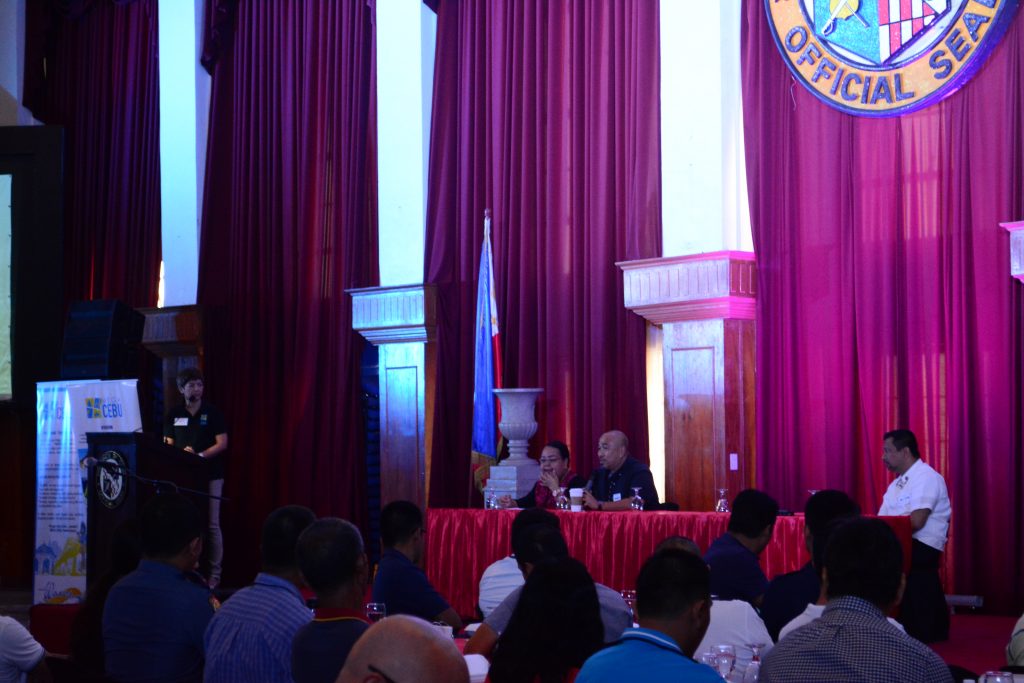
Previous
Next
To disseminate additional information on traffic management to public and key leaders, the Metro Cebu Development and Coordinating Board (MCDCB), the Cebu Provincial Government, and the Governance and Linkages Unit of the Ramon Aboitiz Foundation Inc. (RAFI-G&L) facilitated a forum on traffic management last May 9, 2018.
The Urban Talks on Traffic Management seminar-workshop was participated by local chief executives of local government units (LGU) comprising Metro Cebu, planning officers, engineers, representatives from national government agencies, academe and the private sector, among others.
MCDCB organized the forum to partly address the need to formulate and operate on a strategic direction, and to outline a plan of action to mitigate its impact on business competitiveness and mobility. Through the activity, organizers hope that ensuing discussions could drive stakeholders to commit to taking unified solutions. It also sought to determine primary schemes that could ease traffic flow in the area and identify the responsible offices or agencies that will oversee the execution of the action plan.
The essence of the program stems from the fact that Cebu City’s current traffic condition may hamper aspirations for development. According to a computation based on the study conducted by Japan International Cooperating Agency (JICA) six years ago, the unresolved traffic congestion in Metro Cebu has precipitated the loss of at least P132 million a day.
However, piecemeal solutions and impulsive approaches aimed towards traffic management have been deemed insufficient to address the congestion, which is seen as a result of lack of comprehensive urban and regional planning, progress and development imbalance between and among provinces in the region, and exodus from rural to urban areas.
The Governance and Linkages Unit of the Ramon Aboitiz Foundation, Inc. (RAFI-G&L) seeks to foster responsive institutions and an engaged citizenry through awards and recognition, good governance and leadership development programs, and active linkages and platforms of engagement and collaboration.
